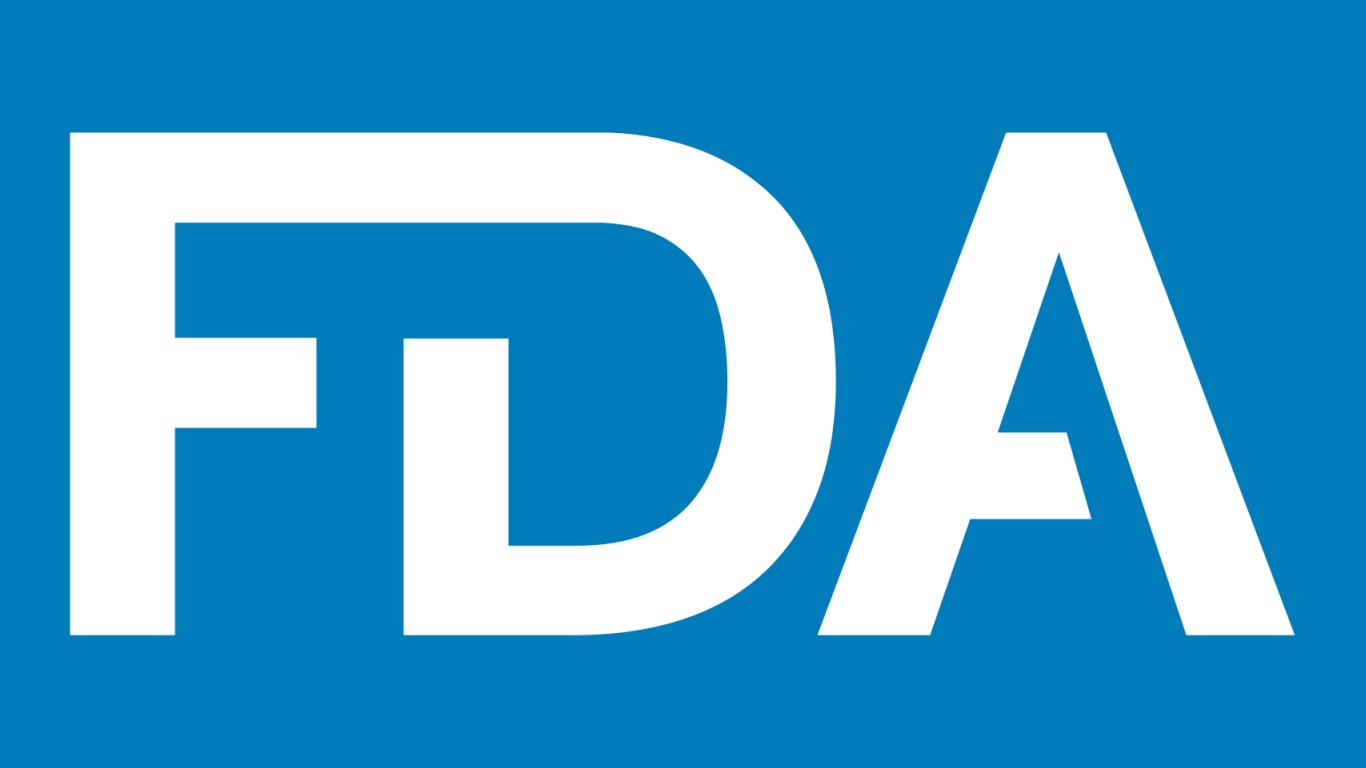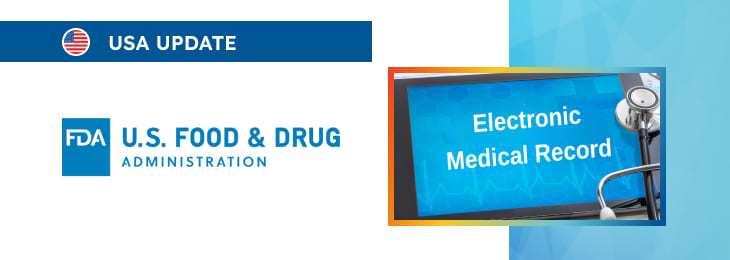The article highlights the key points related to the use of electronic records based on the applicable legislation.

Table of content
The Food and Drug Administration (FDA or the Agency), the US regulating authority in the sphere of healthcare products, has published a guidance document dedicated to electronic systems, electronic records, and electronic signatures in clinical investigations. The document provides an overview of the applicable regulatory requirements, as well as additional clarifications and recommendations to be taken into consideration by medical device manufacturers, sponsors responsible for clinical investigations, and other parties involved.
At the same time, provisions of the guidance are non-binding in their legal nature, nor are they intended to introduce new rules or impose new obligations. Moreover, the authority explicitly states that an alternative approach could be applied, provided such an approach complies with the relevant regulatory requirements and has been agreed with the authority in advance.
The document provides essential guidance for industry stakeholders, including sponsors, clinical investigators, institutional review boards (IRBs), and contract research organizations (CROs) on the use of electronic systems, electronic records, and electronic signatures in clinical investigations. In particular, the guidance outlines the agency’s expectations for ensuring that electronic data and signatures are trustworthy, reliable, and equivalent to their paper-based counterparts.
The FDA recommendations provided in the document focus on the appropriate use of electronic systems in investigations of medical products, foods, tobacco products, and new animal drugs in compliance with Part 11 of the Code of Federal Regulations (CFR). It is also explicitly stated that the guidance expands upon earlier FDA-issued recommendations and provides updated information that takes into account technological advancements since its previous guidance in 2003.
As explained by the authority, this guidance serves as a reference for a wide range of stakeholders involved in clinical investigations of regulated products, including sponsors, CROs, IRBs, and investigators. It offers clear recommendations on how to utilize electronic systems and records within the framework of 21 CFR Part 11.
Part 11 specifically deals with the use of electronic records and electronic signatures, providing criteria under which these can be considered equivalent to traditional paper records and handwritten signatures.
Background and Evolution of Regulations
The process to regulate electronic records and signatures began in March 1997 with the establishment of the final rule that outlined criteria for creating, modifying, maintaining, archiving, retrieving, and transmitting electronic records as a substitute for paper records. This regulation also addressed the use of electronic signatures in place of handwritten ones.
The rule, often referred to as Part 11, applies to entities governed by the Federal Food, Drug, and Cosmetic Act (FD&C Act), the Public Health Service Act, and other FDA regulations. At its core, Part 11 ensures that electronic records and signatures are held to the same standard as their paper-based equivalents.
The FDA has made it clear that noncompliance with these underlying regulations, referred to as “predicate rules” can result in regulatory action. In 2003, the FDA issued a more narrowly focused guidance, primarily shaped by the technological limitations of that era.
Despite technological progress, the agency still applies a practical interpretation of the Part 11 regulations while reminding regulated entities that electronic records must always align with predicate rules. The 2003 guidance continues to inform today’s best practices, although the landscape of electronic records management has significantly evolved.

Technological Advances and Modern Application
The technological environment in clinical investigations has changed dramatically since 2003. Electronic systems have become more sophisticated, enabling easier management, storage, and retrieval of clinical data.
These systems now include automated features such as date and time stamps, audit trails, and the capability to generate and retain complete and accurate copies of records. These innovations have also led to the expanded use of electronic systems in novel ways.
Organizations can now share or contract out services, and electronic data flows between systems are more efficient. This has necessitated the need for updated guidance to ensure that systems remain reliable and that data integrity is preserved.
Particularly, this guidance emphasizes a risk-based approach to system validation to ensure that electronic records in clinical investigations are authentic, secure, and confidential. The FDA’s updated recommendations are mostly indeed to maintain the integrity of electronic data when it is created, modified, maintained, archived, retrieved, or transmitted during clinical studies.
Validation of systems is vitally important to avoid errors, prevent unauthorized access, and ensure the long-term reliability of data.
Applicability to Various Technologies
In addition to addressing traditional electronic records and signatures, the guidance acknowledges the rise of new technologies that support clinical investigations. One prominent area is the use of digital health technologies (DHT) that remotely collect data in clinical trials.
These digital tools, ranging from wearable devices to mobile health applications, provide significant benefits but also pose new challenges in ensuring data accuracy and security. The FDA highlights that any electronic system, including DHT, used in clinical investigations must comply with the same Part 11 requirements as traditional systems.
These include maintaining the authenticity, confidentiality, and integrity of electronic records. The use of advanced technologies necessitates careful planning and validation to ensure that clinical data meets the FDA’s standards for quality and reliability.
Risk-Based Validation Approach
To account for the growing complexity and capabilities of modern electronic systems, the FDA stresses the importance of a risk-based validation approach. This means that validation activities should be proportionate to the potential risk that a system or electronic record presents to data integrity.
Systems that have a higher potential for impacting patient safety or trial outcomes require more rigorous validation than lower-risk systems. Validation ensures that electronic systems operate as intended and produce reliable data.
Part of this process involves ensuring that audit trails, access controls, and other security measures are in place to protect against unauthorized access or data manipulation. The FDA’s guidance provides detailed recommendations on how organizations should approach validation, emphasizing the need for ongoing assessment as systems evolve.
Conclusion
In summary, this guidance constitutes a reflection of the recent regulatory efforts to keep pace with technological advancements while maintaining the integrity of clinical investigations. Organizations involved in clinical research are encouraged to follow the risk-based validation approach outlined in the guidance. Moreover, stakeholders should remain vigilant in ensuring that all electronic systems comply with Part 11 requirements, particularly as new technologies continue to emerge and play a more important role in clinical investigations.
How Can RegDesk Help?
RegDesk is an AI-powered Regulatory Information Management System (RIMS) designed to simplify global compliance for medical device companies. With regulatory intelligence covering 120+ markets, RegDesk helps you prepare and publish global submissions, manage standards, conduct impact assessments, and stay ahead of regulatory changes all from a single, centralized platform. Expanding into new markets has never been easier.

